TEHRAN (Bazaar) –Nader Entessar, Professor Emeritus of Political Science from university of South Alabama says that the Europeans have in the past divided the role of 'the bad cop, the good cop' among themselves and between the United States and the European participants in the nuclear negotiations with Iran.
He also says “The IAEA continues to pretend that the Additional Protocol is binding on Iran. But when the United States withdrew from the JCPOA, Iran's voluntary adherence to the Additional Protocol was ended, and Majlis also passed a law to this effect.”
Following is the full text of the Bazaar interview with Professor Entessar:
Bazaar: The first meeting of the seventh round of Vienna talks came to an end while waiting for an agreement was unlikely. But in the last few days, following the second meeting, positive news of the continuation of the negotiation process was reported, and Josep Borrell also made positive statements. What was the reason for the change of positions in the last week?
Entessar: After the second meeting of the current phase of the Vienna negotiations, Iran was much more publicly upbeat than the three Western European countries. Some Western media sources (e.g. the British daily The Guardian) reported that it was Iran and not the West that changed its position and accepted to continue to negotiate based on the points that had already been discussed and agreed upon by the Abbas Araghchil-led negotiating team in the last months of Rouhani's administration. Iran, on the other hand, has argued that it was the West that finally relented and agreed to resume negotiations based on the principles that had been outlined in the two documents that the Ali Bagheri-led team had submitted to 4+1. It appears that each side is trying to portray the other side as modifying its demands, and it is difficult at this time to ascertain the veracity of reports that are made available for public consumption. Perhaps both sides relented a little. Only time will tell.
Bazaar: How do you assess the role of Russia and China in the recent negotiations and to what extent are they effective in sharing the views of the other (western) side with Iran?
Entessar: I think both Russia and China are still on the fence, so to speak, and are hedging their bets. The Western views and positions are directly conveyed to Iran by E-3, and the main Western participant (i.e. the United States) coordinates its activities with E-3 and not necessarily with either Russia or China. Washington has relied on, and will likely continue to use the Beijing-Moscow conduit for sending signals to Iran on some issues. However, E-3 will be the principal channel between Tehran and Washington as long as Iran and the United States do not negotiate directly with each other.
Bazaar: IAEA Director Grossi, has announced that he is seeking an agreement with Iran to reinstall its cameras at the Karaj facility. He said that not knowing what was going on at the Karaj facility would prevent us from informing the negotiators in Vienna. What is your assessment of his words?
Entessar: The IAEA continues to pretend that the Additional Protocol is binding on Iran. But when the United States withdrew from the JCPOA, Iran's voluntary adherence to the Additional Protocol was ended, and Majlis also passed a law to this effect. Iran still adheres to its Safeguard Agreement with the IAEA, and the Karaj facility does not fall under the purview of the IAEA. The Karaj facility is not a nuclear-material production or storage facility. Until and unless Grossi has verifiable evidence to the contrary, he cannot demand to inspect the Karaj facility under the IAEA's Safeguard Agreement with Iran. Regrettably, Grossi has been operating as a political agent than as the head of a technical international organization.
Bazaar: Despite some statements by European officials that the negotiation process is reasonable, Germany has stated that there is no progress in the Vienna talks and that time is running out for Iran. What is the reason for Germany's strict issue? Given the rise to power of the new party in Germany, which is more opposed to Iran, how do you assess Germany's position in the continuation of the negotiations?
Entessar: As you mentioned, part of the reason may be due to the critical views of the new Governing party in Germany towards Iran. But, what Germany is doing is similar to what France has done in previous rounds of nuclear negotiation, both before and after the JCPOA. The Europeans have in the past divided the role of 'the bad cop, the good cop' among themselves and between the United States and the European participants in the nuclear negotiations with Iran.This is an old negotiating tactic designed to force the opponent to submit.

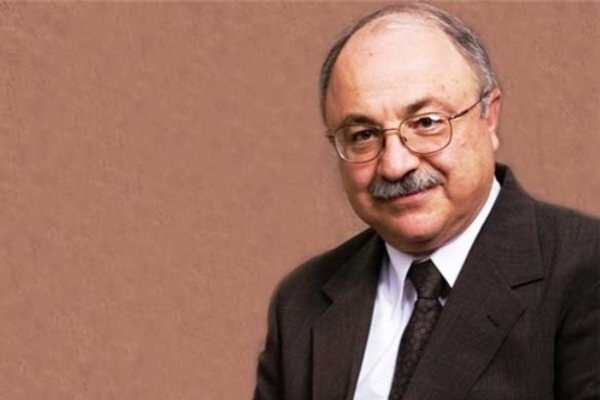








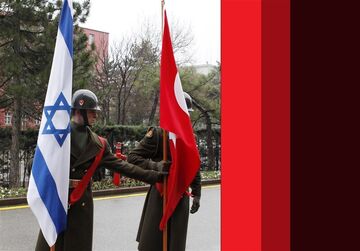
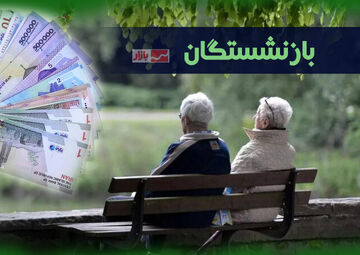


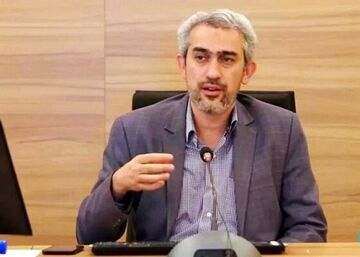
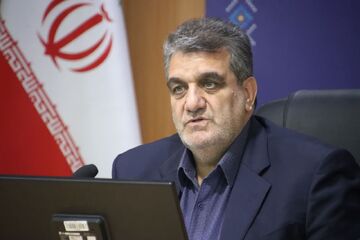
نظر شما